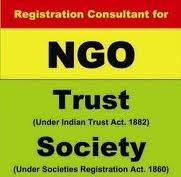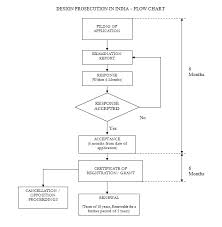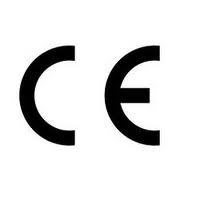Trust NGO Registration

Trust NGO Registration
Introduction?
In India non profit organizations can be registered in the following forms-
(a) Trust
(b) Societies
(c) a private limited company under section 25. All the non profit organizations in India
(d) exists independently
(d) are governed by the Board of Trustees or Managing Committee
(f) produce benefits for members outside the organization and
(g) are non profit making to the extent that they are prohibited from distributing monitory residual to their own members.
A Trust is defined as an obligation annexed to the ownership of property arising out of the confidence declared and accepted by the owner for the benefit of another, or of another and the owner. A public charitable Trust is usually floated when there is property involved in m terms of land and building. Different Trust in different states are governed by the Trust acts in force. In the absence of Trust act in many state or territory, the Trust is applied general principles of the Indian Trust Act 1882.
--%>
Section 2(15) of the Income Tax Act applicable throughout India defines 'Charitable Purpose' to include relief of the poor, education, medical relief and any advancement of general public utility. A purpose related exclusively to worship or religious teachings is not considered as charitable. A public charitable purpose has to benefit a large section of public as distinguished from specified individuals.
Whether a Trust, Society or Section -25 company, the Income Tax Act treats them equally in terms of exempting their income and granting 80G certificate , whereby donors to non profit organizations claim a rebate against donations made.
Trust Deed
The main instrument of any public charitable trust is the Trust Deed in which the aims and objectives of the Trust are clearly spelled out. Every Trust Deed has to furnish the details of minimum and maximum number of trustees, their mode of appointment. The deed has to be signed by both settler/s and trustee/s in the presence of two witnesses. While there is no limit on the maximum number of trustees, the minimum number of trustees to form a trust is Two.
A written Trust Deed is always desirable for the following benefits:
It is an evidence of the existence of the Trust.
It facilitates devolution of trust property to the Trust.
It clearly specifies the aims and objectives of the Trust to ascertain whether the trust is a charitable or otherwise.
It is essential for obtaining registration under Income Tax Act and claiming exemption from tax.
It is essential for registration of immovable property in the name of the Trust.
--%>
Benefits of Trust Formation
Trusts are often used as vehicles to hold property for present and future needs of dependents and family members.
Trusts are also used to reduce tax burden.
Trusts have been widely used as a planning tool to shift income tax to beneficiaries to lower tax brackets.
Inheritance can be kept away from heir with trust until they reach 30 or above.
Trusts can manage funds for a heir who is handicapped or unable to handle funds.
Trusts also make arrangements of finance if the trustee becomes disabled.
Trusts assure that the grandchildren will receive estate after the death of their fathers and forefathers.
With Trusts, there is control over the assets.
What is Our Role?
We help in formation of
(a) Trust
(b) Societies and
(c) a private limited company under section 25.
Send Enquiry















